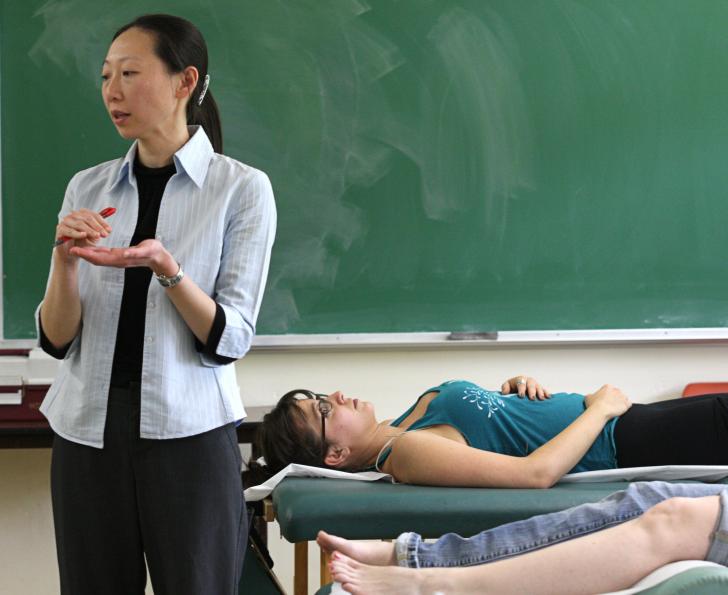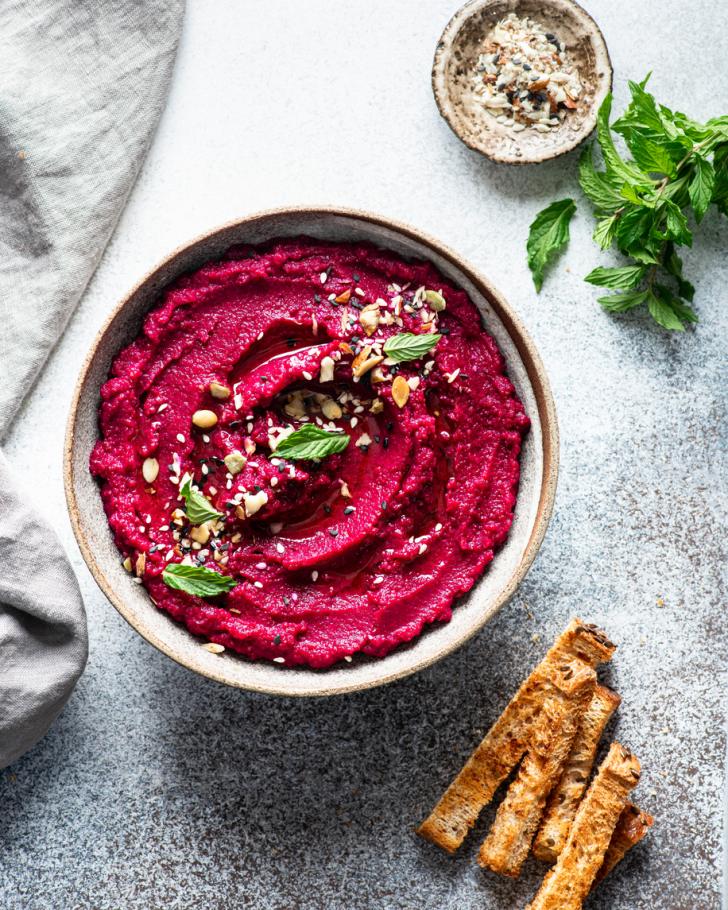Embracing Gratitude During the Holidays

Published
The holiday season, often characterized by festivities and gatherings, also serves as a poignant reminder of the importance of gratitude. As we navigate this busy time, reflecting on what we appreciate can enhance our experiences and deepen our connections.
Gratitude is more than a fleeting feeling; it is a powerful practice that can transform our mindset. Research shows that expressing gratitude can improve our emotional well-being, foster resilience, and even strengthen relationships. During the holidays, taking time to acknowledge what we are thankful for can help shift our focus from stress and materialism to meaningful connections and shared experiences.
Cultivating Gratitude Practices
1. Gratitude Journaling: The practice of keeping a gratitude journal. Each day, jot down three things you are thankful for. This simple act can help shift your perspective and remind you of the positive aspects of your life.
2. Thank You Notes: Writing thank you notes to friends, family, or colleagues can reinforce bonds and spread positivity. This gesture not only shows appreciation but also fosters a culture of gratitude within your community.
3. Sharing Stories: Gather family and friends to share stories of gratitude. Discussing moments of appreciation can spark joy and create lasting memories, reinforcing the sense of togetherness.
4. Acts of Kindness: Engage in acts of kindness during the holidays. Whether it is volunteering at a local shelter or simply helping a neighbor, these actions can amplify feelings of gratitude and connection.
Gratitude strengthens relationships by fostering a sense of belonging and appreciation. When we express gratitude to those around us, we validate their contributions to our lives, enhancing emotional bonds. This is especially important during the holidays, as families and friends come together, often rekindling old connections and creating new memories. Sometimes, it is hard to be present with everything going on with holiday dinners and house guests but remember to tune in to the moment. Becoming present by accepting that everything will not be perfect and that it is okay and practicing flexibility. People remember how they felt more than anything. When people are there, you can step away from the kitchen or prepare the next thing to just be with the people you love. Try to savor what is happening around you by tapping into all your senses.
The holiday season can also bring challenges, such as loneliness or grief. Acknowledging these feelings is crucial, but practicing gratitude can provide a sense of hope and perspective. Focusing on positive memories or acts of kindness can create a buffer against negative emotions.
In conclusion, as we celebrate the holidays, let’s commit to embracing gratitude. Recognizing and appreciating the people, experiences, and moments enriching our lives can cultivate a spirit of joy and connection. Make gratitude a central theme this holiday season, allowing it to enhance your celebrations and strengthen your relationships, creating a lasting impact long after the festivities are over.
Sylvie P. Shuttleworth, PhD, is a professor in the Department of Counseling and Health Psychology, the Chair of the Counseling and Health Psychology Department, and Program Director and Director of Clinical Training of the Masters in Counseling Psychology Program.


